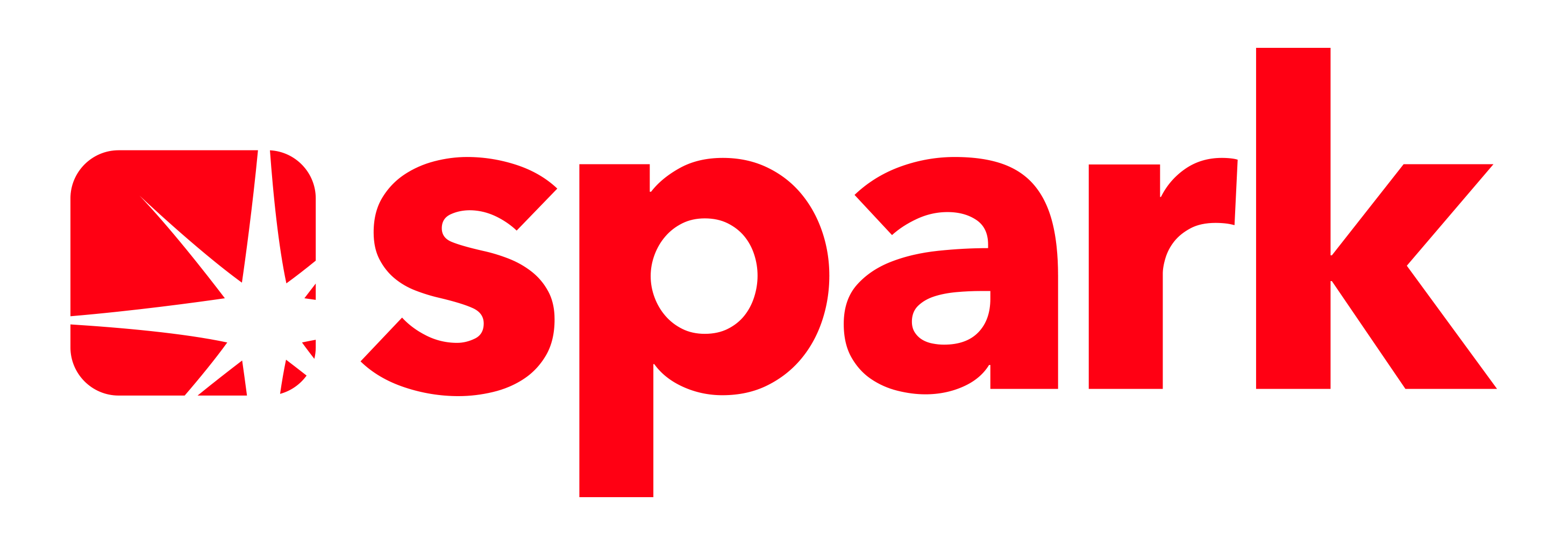Federal
1. The federal tax credit covers 30% of an EV charging station, necessary equipment and installation costs. For residential installations, the IRS caps the tax credit at $1,000.
Federal Tax Credit for Residential EV (rebates4evchargers.com)
2. The US Environmental Protection Agency (EPA) is offering $3 Billion for port authorities and state, regional, local, and tribal agencies with jurisdiction over ports, and air pollution control agencies to deploy zero-emission port equipment and to purchase and install charging infrastructure through its Clean Ports Program. EPA will provide reimbursement of up to $500 Million, up to 80-90% of total eligible project costs, depending on applicant and project details. Applications will be evaluated competitively and will be accepted between February 2024 and May 2024.
3. The National Electric Vehicle Infrastructure Formula Program allocates $5 billion in funding for EV charging infrastructure across 75,000 miles of highway across the country. Your organization must be within one mile of an established alternative fuel corridor to qualify and may need to meet other requirements as well.
Indiana
1. Indiana Michigan Power offers commercial, fleet, and multifamily housing customers a rebate of $250 per Level 2 EV charging port installed or five years’ worth of revenue credits to apply against construction costs of new business facilities to serve newly installed EV chargers. Incentives are available on a first-come, first-served basis. For more information, see the Indiana Michigan Power Charge at Work in Indiana website.
2. Indiana Michigan Power offers a TOU rate to small commercial customers that own an EV. Small commercial customers that enroll in the EV TOU rate may also be eligible for a $500 rebate for the purchase of a Level 2 EV charger or for the pre-wiring necessary to support a Level 2 EV charger. Eligible small commercial customers must average less than 4,500 kilowatt-hours of electricity monthly. For more information, see the Indiana Michigan Power Charge at Work in Indiana website.
3. Indiana Michigan Power offers a TOU rate to residential customers who own or lease a qualified EV. Residential customers that enroll in the EV TOU rate may also be eligible for a $500 rebate for the purchase of a Level 2 EV charger or for the pre-wiring necessary to support a Level 2 EV charger.
Charge at Home in Indiana (indianamichiganpower.com)
4. Duke Energy offers residential customers who charge their EVs at off-peak times an annual incentive up to $200.
EV Initiatives - Duke Energy (duke-energy.com)
5. Duke Energy allows residential and commercial customers to rent Level 2 and direct current (DC) fast chargers for a flat rate each month. For more information, see the Duke Energy EV Programs website.
6. Duke Energy offers eligible customers who have a Level 2 electric vehicle (EV) home charger, a $10 credit on their monthly Duke Energy bill if they charge during off-peak hours. For more information, including how to apply, see the Duke Energy Off-Peak Charging Credit website.
7. Applied Energy Services (AES) $250 rebate plus an additional $50 per year for participating in the AES-managed charging program.


